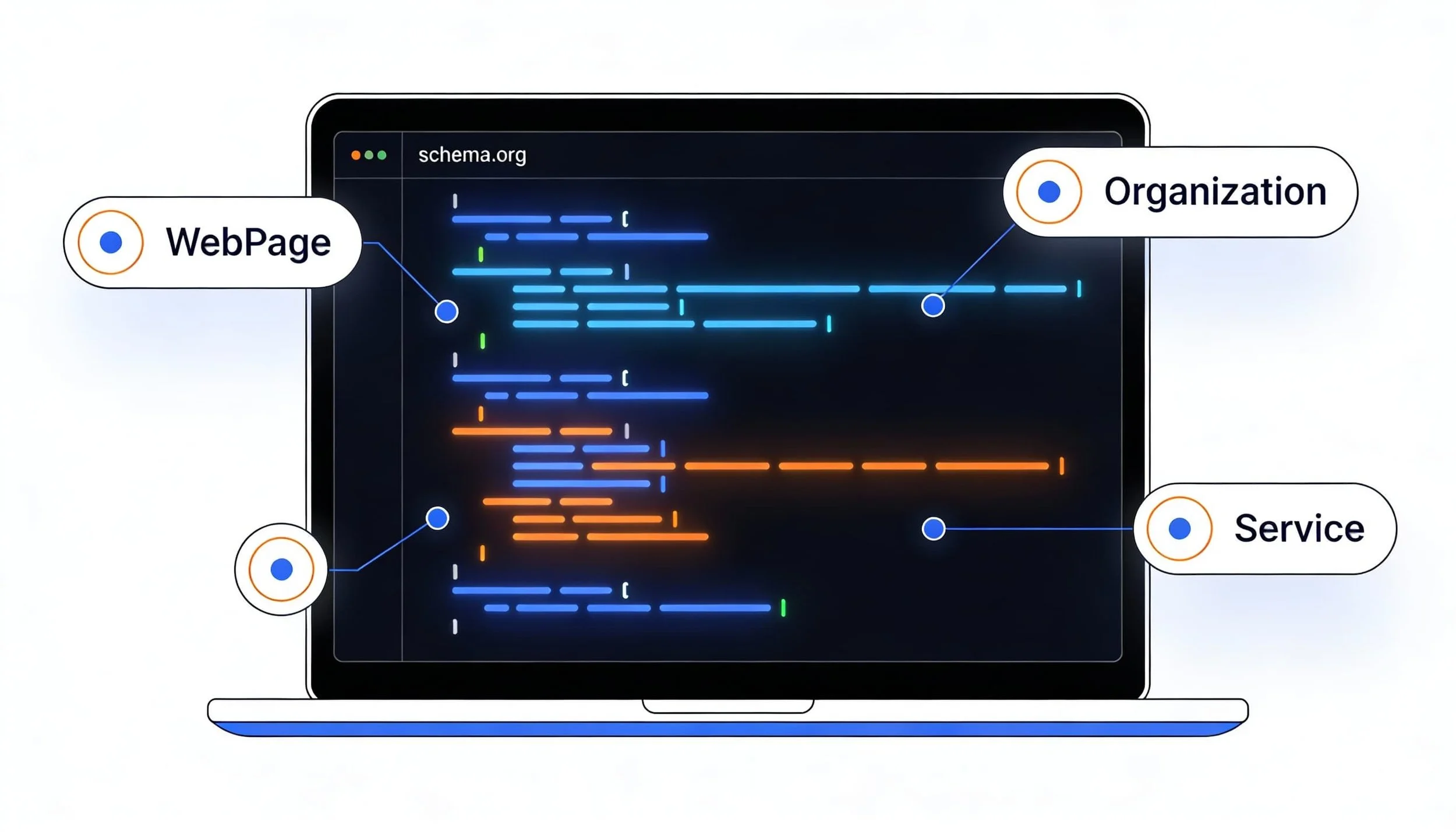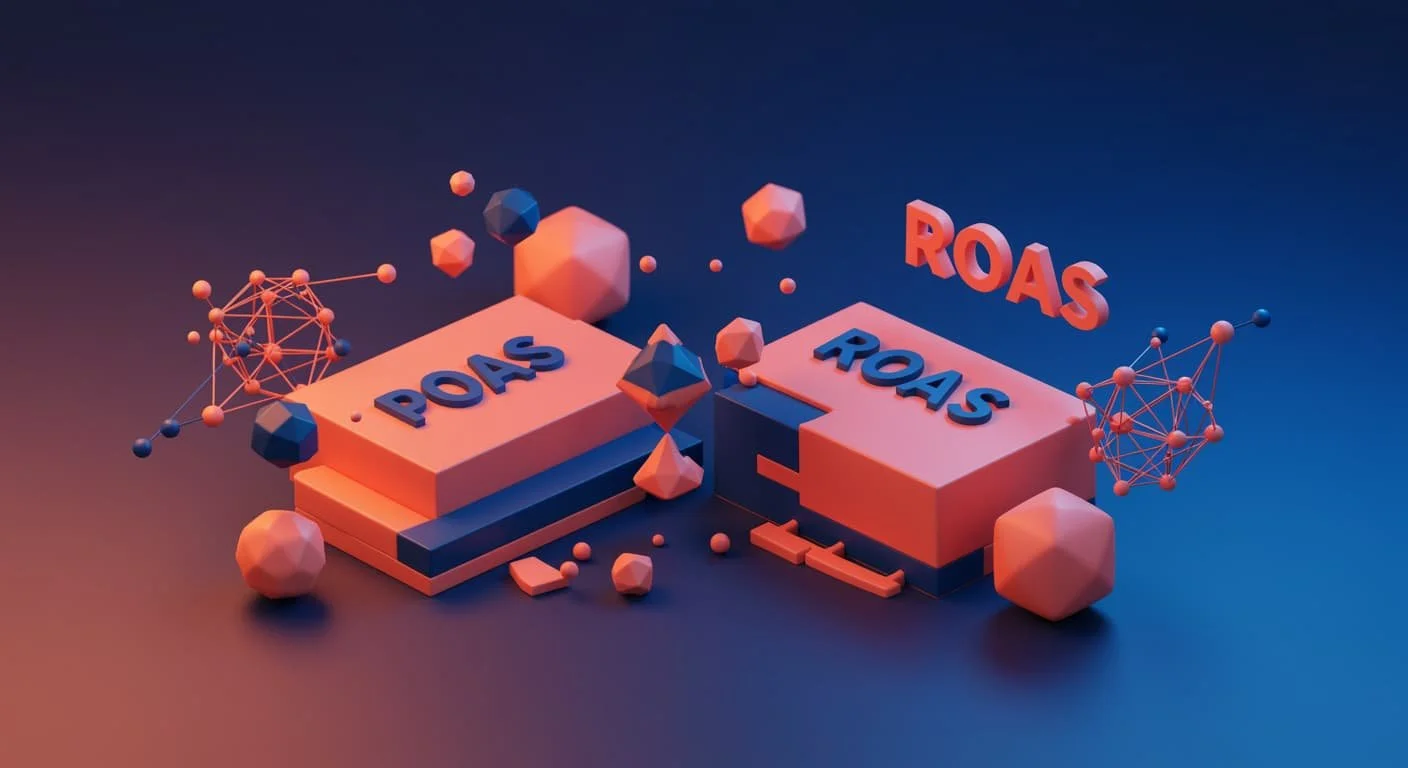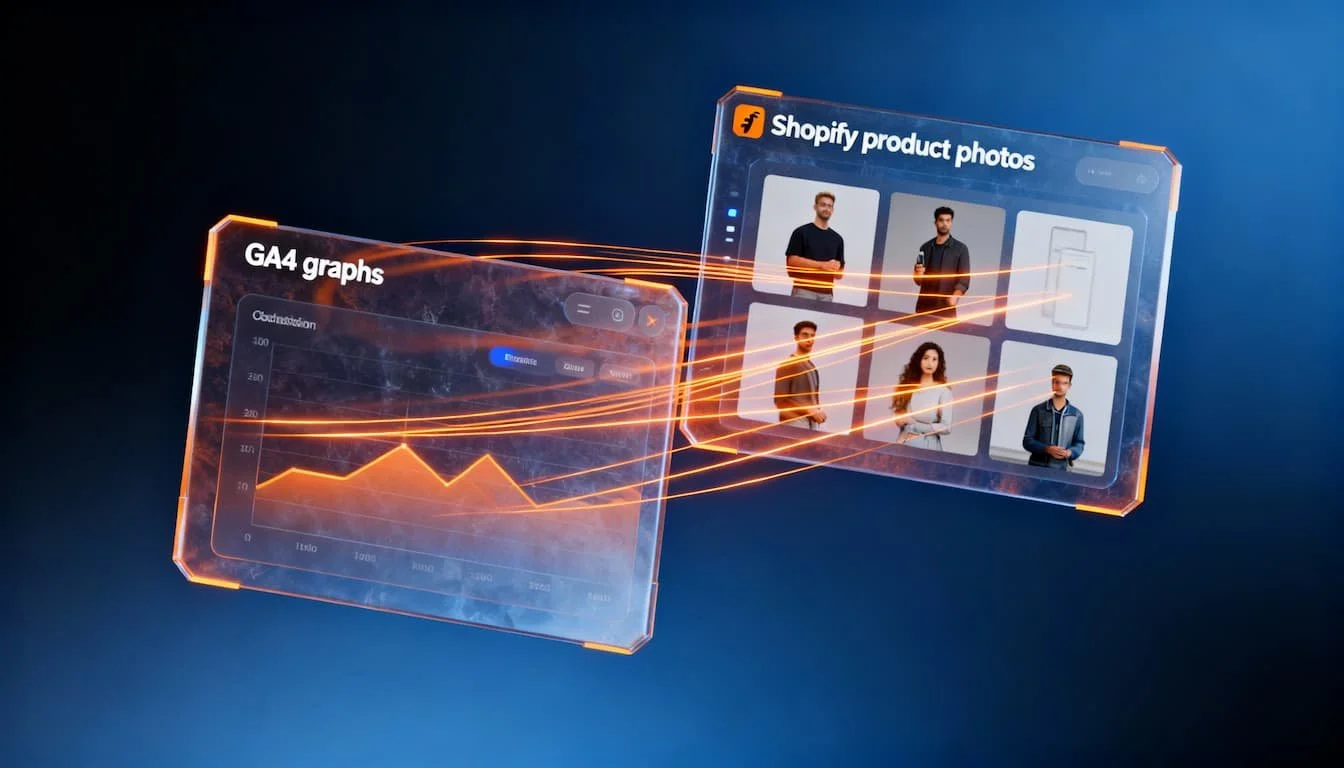Hiring a Marketing Expert vs. DIY: What's Smarter in 2026?
- Expertise Advantage: Expert knowledge of SEO, PPC, content marketing, and social media management
- Time and Resources: Savings through outsourcing, prevents costly mistakes and inefficiencies
- Measurable Results: Professional tracking and analysis of marketing campaign performance
- Access to Tools: Use of advanced, expensive marketing tools and software
- Custom Strategy: Tailored approach aligned with specific goals and target audience
Digital marketing is evolving at lightning speed. What worked last year might be wasting your budget today. As entrepreneurs grapple with algorithm updates, AI tools, and privacy regulations, the demand for specialized expertise is growing exponentially. Hiring a marketing expert is no longer a luxury, but a strategic necessity for SMEs looking to survive in 2026.
The reality of modern online marketing
Marketing in 2026 is fundamentally different from five years ago. Artificial intelligence is transforming how we create content, target audiences, and optimize campaigns. Simultaneously, privacy updates like iOS 15+ and cookieless tracking are rendering traditional approaches obsolete.
“98% of leaders say businesses need a better understanding of AI's potential - that understanding is crucial for choosing tools that actually deliver results.”
This shift means that DIY marketing often becomes counterproductive. Entrepreneurs lose valuable time to trial-and-error, while performance marketing and specialized AI applications are becoming increasingly important.
Why expertise is no longer an option, but a requirement
1. The AI revolution requires new skills
Marketing tools are becoming smarter, but also more complex. From ChatGPT for AI content creation to machine learning algorithms for bidding strategies – the learning curve is steeper than ever.
"Companies that do not integrate AI into their marketing stack will face a competitive disadvantage of at least 30% within 18 months." Mark Stevens, McKinsey Digital
An expert not only understands which AI tools to deploy, but also how to ensure data ethics and transparency. This is crucial for brand reputation and compliance.
2. Privacy-first marketing requires specialized knowledge
With the disappearance of third-party cookies and stricter GDPR enforcement, companies must switch to first-party data strategies. Lead generation through proprietary channels becomes essential.
“Two-thirds of leaders expect employees to have AI skills, but only one-third of companies have a clear policy on which technology to use and how to use it.”
3. Platform diversification reduces risks
Reliance on a single marketing channel is risky. Algorithm changes at Meta or Google can decimate revenue within days. Experts mitigate risks by combining SEO strategies, conversion optimization, and emerging platforms.
The hidden costs of DIY marketing
Opportunity costs are often overlooked
Entrepreneurs who handle their own marketing typically lose 40% of their productive time on core activities. For a CEO valued at €150 per hour, 10 hours of weekly marketing work costs €78,000 per year in lost revenue.
Mistakes are more expensive than expertise
Incorrect audience targeting, non-compliant advertisements, or technical SEO issues can quickly cost thousands of euros. An AI audit or marketing analysis prevents costly missteps.
“Think of it like test-driving a car – what it’s like to drive on the highway, to park, how the stereo works. I suggest doing the same for AI models.”
Tangible benefits of external expertise
1. Access to premium tools and data
Professional marketing requires software costing €2,000-15,000 per year. Experts have access to enterprise solutions and can spread costs across multiple clients.
2. Network and partnerships
Established agencies have relationships with influencers, media buyers, and technology partners. This opens doors that would take individual entrepreneurs years to access.
3. Continuous learning and certifications
Marketing evolves weekly. Experts consistently invest in further training, conferences, and certifications from Google, Meta, and emerging platforms. The ability to apply this knowledge immediately, without a learning curve, is invaluable.
How to choose the right partner in 2026
Specialization over Generalization
Choose experts who specialize deeply in your sector. E-commerce optimization for Shopify requires different skills than B2B lead generation via LinkedIn.
Data-driven approach is non-negotiable
Ask for concrete cases, benchmarks, and reporting methods. Transparency in performance marketing is essential for long-term partnerships.
AI-readiness as a differentiator
Partners who offer AI automation and data-driven insights have an advantage over traditional agencies that still work manually.
ROI calculation: when does expertise pay off?
A marketing expert becomes worthwhile from €5,000 in monthly ad spend. At this threshold:
Expertise increases average ROAS by 35-50%
Time savings for entrepreneur: 15-20 hours per week
Faster scaling through proven frameworks
Risk reduction during platform changes
For Shopify webshops or businesses with complex funnels, the break-even point is often even lower due to specialized conversion optimization.
The future: marketing becomes even more specialized
Trends such as voice search, augmented reality shopping, and neuromarketing require niche expertise. Companies that invest now in AI-driven marketing strategies build a competitive advantage that is difficult to overcome.
“An AI training gap has emerged in the business world - there is an abundance of models on the market, and no single company or model dominates.”
Practical implementation: the first steps
Week 1-2: Audit and benchmark
Start with a thorough analysis of current performance. Identify quick wins and structural areas for improvement.
Week 3-4: Strategic alignment
Align marketing goals with business objectives. Define KPIs and reporting structure.
Months 2-3: Execution and Optimization
Implement data-driven campaigns with continuous A/B testing and performance monitoring.
Conclusion: Expertise as a Growth Accelerator
Hiring a marketing expert in 2026 is not an expense, but a growth investment. While DIY marketing becomes increasingly risky, specialists offer access to tools, knowledge, and networks that make the difference between stagnation and scale.
For SMEs serious about growth, the question is not whether they need external expertise, but which partner best fits their ambitions and budget.
Ready to take your marketing to the next level? Discover how AI can accelerate your growth or schedule a strategic consultation to explore your options.

🚀 More leads, higher conversion, better ROI
This article provided you with insights. Now it's time for action. Whether you want to build a profitable webshop, generate more revenue from performance marketing or SEO, or grow with AI marketing - we provide concrete support to help you move forward.
💬 Discuss your challenge directly with Frederiek: Schedule a free strategy consultation or send us a message
📧 Prefer to email? Send your question to frederiek@clickforest.com or call +32 473 84 66 27
Strategy without action remains theory. Let's take your next step together.
Frequently Asked Questions about Hiring Digital Experts
-
For most SMEs, from €250,000 annual revenue or €5,000 monthly marketing spend. ROI is measurable within 3-6 months.
-
Demand ownership of accounts, data, and creative assets. Work with monthly contracts and clear exit procedures.
-
Upskilling takes 6-12 months plus continuous investment. For rapid growth, external expertise is more efficient.
-
Focus on business metrics such as cost per acquisition, lifetime value, and revenue attribution, not just vanity metrics.
-
Start with specialized projects like SEO audits or campaign optimization before transitioning to full-service partnerships.
-
Very important. B2B, e-commerce, and local services require fundamentally different approaches and tools.
-
AI automates tasks, but strategic thinking, creativity, and business intuition remain human. The combination is most powerful.
-
Quarterly tactical reviews and annual strategy evaluations. Potentially more frequently in fast-growing markets.
-
Guarantees without data, lack of transparency, no references or case studies, or focus on outputs instead of outcomes.
-
Quick wins within 4-8 weeks for ads and CRO. SEO and brand awareness 3-6 months. Structural growth 6-12 months.
Sources & References
Market research and statistics:
McKinsey & Company: ‘How generative AI can boost consumer marketing’ – https://www.mckinsey.com/capabilities/growth-marketing-and-sales/our-insights/how-generative-ai-can-boost-consumer-marketing
McKinsey & Company: ‘Agents for growth: Turning AI promise into impact’ – https://www.mckinsey.com/capabilities/growth-marketing-and-sales/our-insights/agents-for-growth-turning-ai-promise-into-impact
Salesforce: ‘9th Edition State of Marketing Report’ – https://www.salesforce.com/eu/resources/research-reports/state-of-marketing/
AI and technology trends:
McKinsey: ‘The State of AI: Global Survey 2025’ – https://www.mckinsey.com/capabilities/quantumblack/our-insights/the-state-of-ai
MIT Technology Review: ‘Artificial intelligence – topic overview’ – https://www.technologyreview.com/topic/artificial-intelligence/











